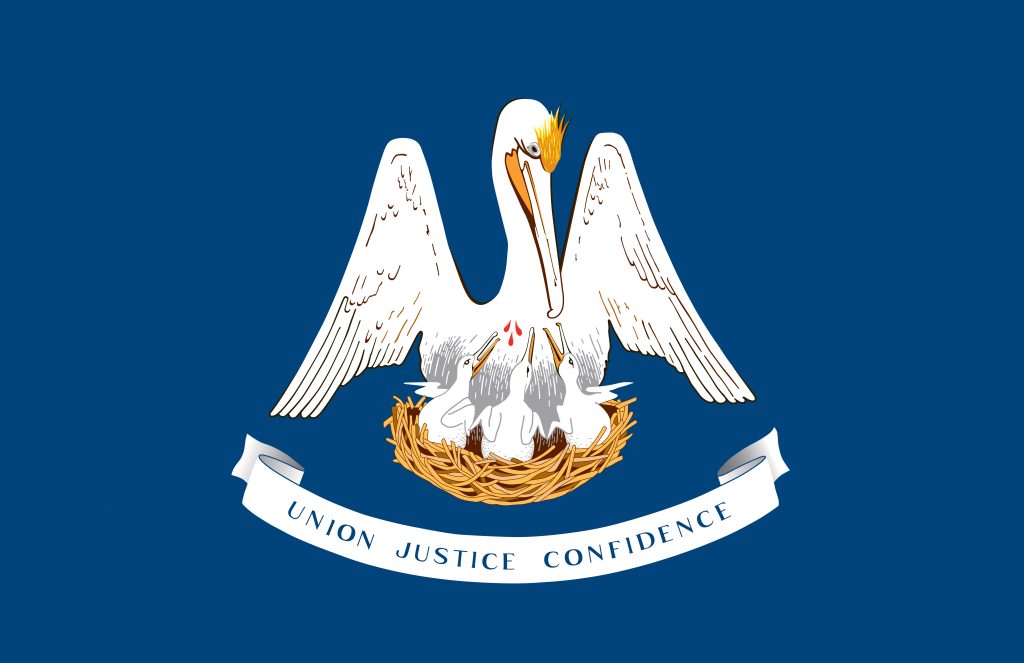The passage of a Louisiana bill banning medication abortion without a prescription is evidence that religious anti-abortion crusaders don’t intend to stop until they abolish abortion nationwide.
The bill, signed into law on Friday by Gov. Jeff Landry, will be the first such measure of its kind in the nation, and will undoubtedly spur anti-abortion legislators in other states to introduce copycat legislation.
Meanwhile, the nation awaits a U.S. Supreme Court decision in FDA v. Alliance for Hippocratic Medicine, which challenges the Food and Drug Administration’s longstanding approval of mifepristone. Mifepristone is the first in a two-drug protocol used in medication abortion, which accounted for 63 percent of abortions last year — an increase from 53 percent in 2020. Dependence on medication abortion is why the Supreme Court’s consideration of mifepristone access has created such concern. Most court prognosticators predict the high court will avoid curtailing or banning mifepristone at this time — perhaps why the Louisiana Legislature, champing at the bit, took its own draconian action.
Louisiana state Sen. Thomas Pressly added criminal penalties for possession of the abortion pills mifepristone and misoprostol to Senate Bill 276, an initially unobjectionable proposal to punish those who give abortion pills to pregnant persons without their knowledge or consent. Abortion is already virtually banned in the state, and Pressly’s amendment is intended to discourage Louisianans from bypassing the ban by ordering pills through mail or out-of-state telehealth.
The rate of online abortion pill orders has substantially increased since the fall of Roe, especially in states with strict abortion bans. One study showed that the expected number of medications used for self-managed abortions increased by over 27,800 units in the first six months after Dobbs.
Since Louisiana adopted its near-total abortion ban, miscarrying patients have had trouble filling abortion pill prescriptions. Some patients needing miscarriage treatment have even been turned away by health care workers out of fear of being prosecuted criminally for doing their jobs. A recent report relayed how Louisiana doctors are forcing women to undergo unnecessary C-sections in order “to preserve the appearance of not doing an abortion.”
Under Louisiana’s uniform controlled dangerous substances law, the measure criminalizes possession of the pills, creating a penalty of one to five years in prison and $5,000 in fines for possession of either mifepristone or misoprostol without a prescription. It also criminalizes the distribution or manufacture of mifepristone or misoprostol, or the possession with intent to distribute or manufacture, with up to 10 years in prison and $15,000 in fines.
Controlled substance drugs in Louisiana must be found to cause levels of physical or psychological dependence and to have the potential to be abused. Pressly has argued that mifepristone and misoprostol qualify because abortion medication “is frequently abused and is a risk to the health of citizens.” This claim is patently false, as more than 250 OB-GYN practitioners in Louisiana have pointed out.
Millions have safely used mifepristone for over 20 years. A 2023 study shows that the drug is safer than common, low-risk prescription drugs, such as penicillin and Viagra. The law is clearly intended to isolate pregnant people seeking out abortion pills because it will create fear that friends or family involved may face criminal repercussions. It will also perpetuate the myth that abortion pills, and abortion in general, are unsafe.
“Louisiana already has some of the nation’s highest maternal mortality rates and is a maternity care desert,” points out Annie Laurie Gaylor, FFRF co-president. “This new law, which essentially legislates an unscientific, minority religious view about when life begins, is unconscionable.”
The Freedom From Religion Foundation is a national nonprofit organization with more than 40,000 members across the country, including members in Louisiana. Its purposes are to protect the constitutional principle of separation between state and church, and to educate the public on matters relating to nontheism.


